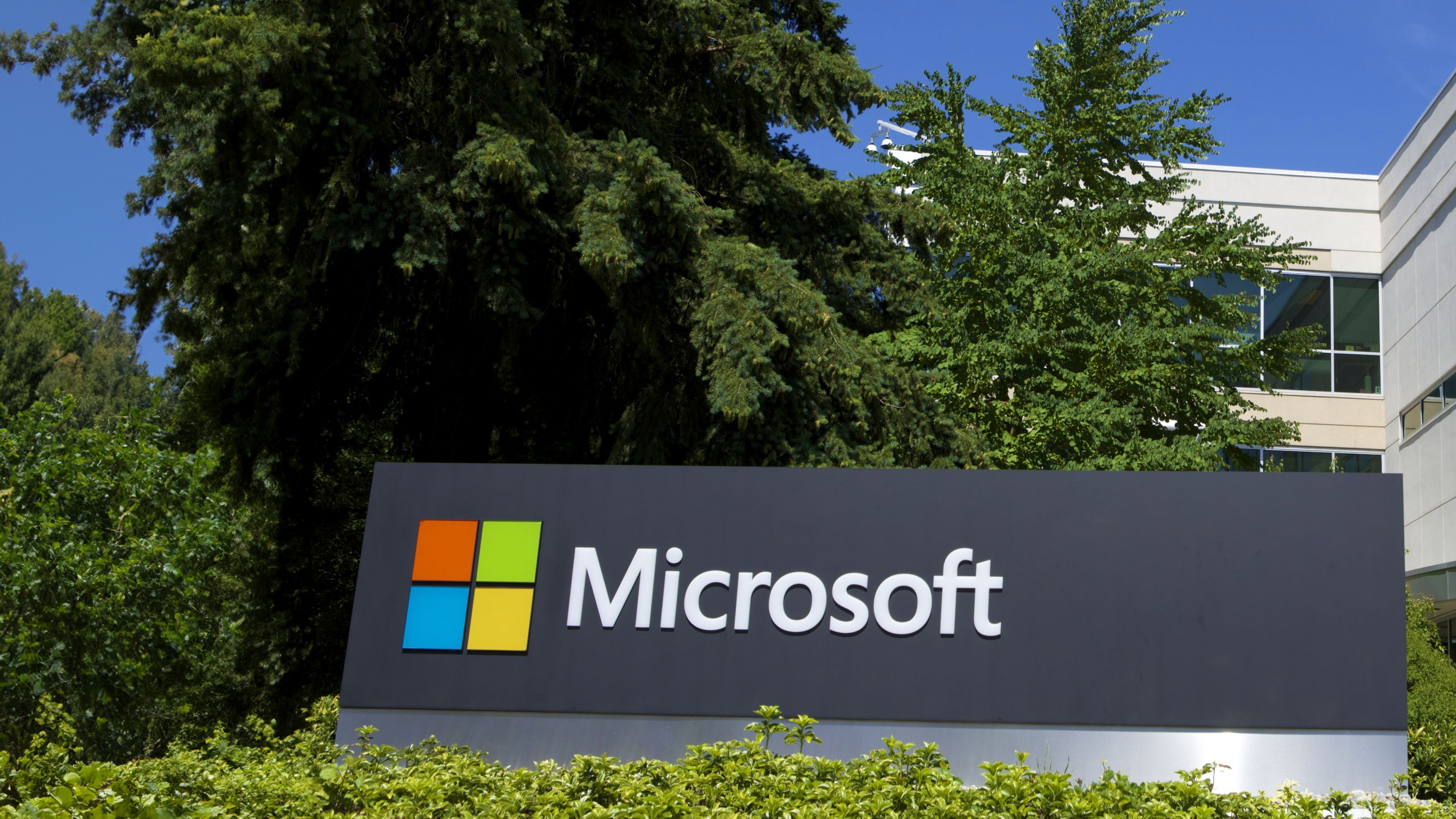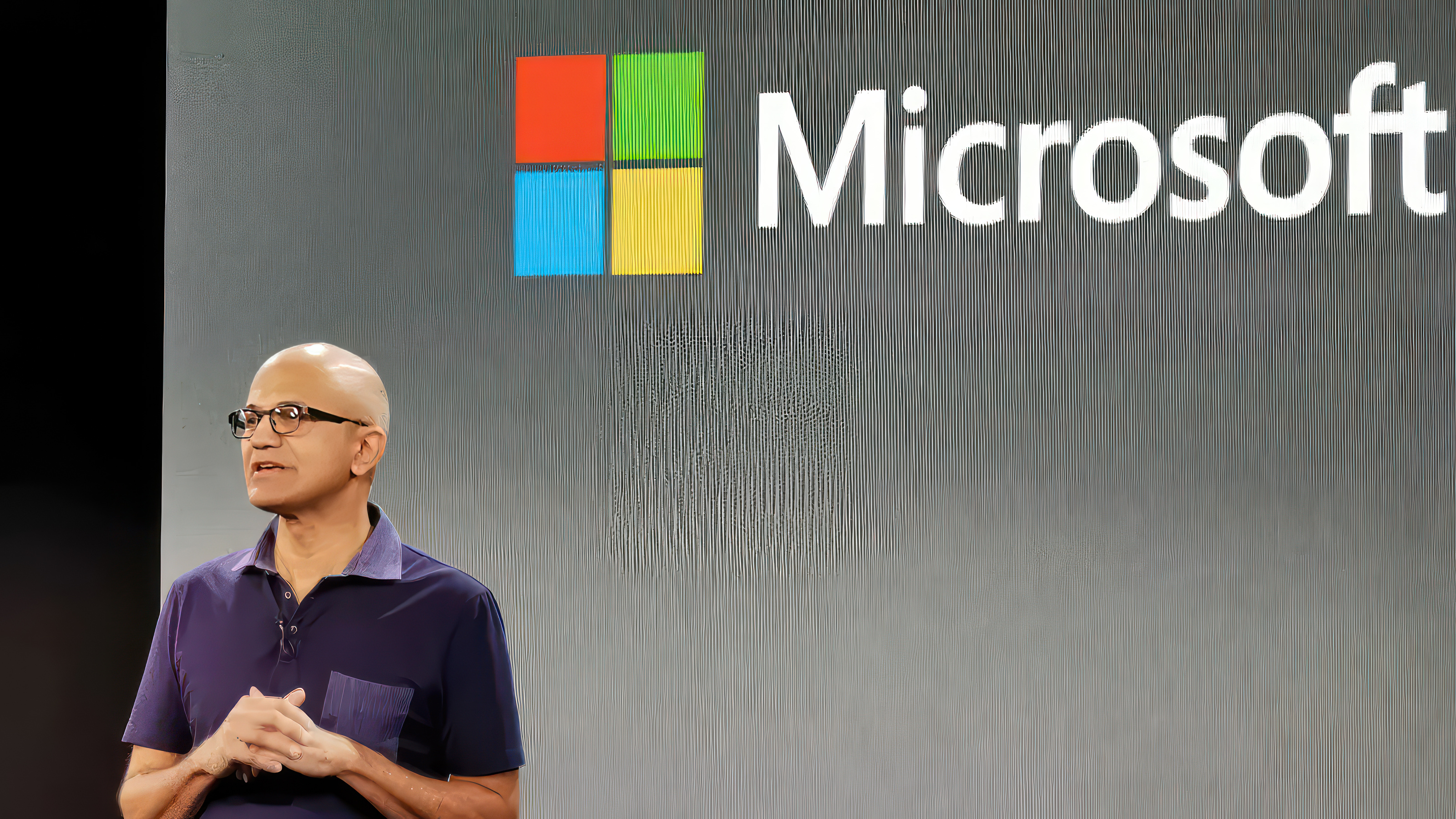
What you need to know
- Microsoft President Brad Smith and Microsoft CEO Satya Nadella recently shared some thoughts about Microsoft's place within the U.S. security apparatus.
- At an event in Paris, Smith detailed how Microsoft is using AI to help combat state-level disinformation campaigns.
- In comments to CNBC, CEO Satya Nadella outlined how Microsoft is shielding itself from China, in an increasingly restrictive U.S. tech trade regime.
Tensions across the world are soaring in multiple regions for multiple reasons. If it isn't all-out war, it's saber-rattling to espionage, and other forms of cold warfare. Cyberwarfare is a more recent development in hostilities between nation-states. We all know about hacking, eavesdropping, and the like. But thanks to generative AI and advances in accessible image manipulation tech, deep fakes and disinformation are becoming increasingly potent weapons used against free democracies.
Speaking at a peace summit in Paris (via AFP and Yahoo), Microsoft President Brad Smith commented on how Microsoft is wading in to defend against image manipulation and forgery. Translated by France Radio International, "by creating technological tools that facilitate the detection of manipulated, modified, altered content," Smith remarked that Microsoft has become increasingly adept at detecting state-level disinformation. "We are getting very good at identifying a Russian campaign," he continued, "like when they tried to tell people not to get the COVID-19 vaccine. Or today, when we see Russian disinformation in the Middle East."
Smith lamented that right now, there's no governmental or societal consensus about how this type of content should be managed by tech companies and platforms.
Earlier this month, Brad Smith also shared a blog post detailing how Microsoft aims to support free and fair elections in the United States. This includes the ability to add digital watermarks to campaign materials to verify authenticity, amongst other tools for detecting deepfakes and manipulated content. Microsoft will also add new features to Bing to help inform voters on electoral issues and voting rights. For an example of the issues Smith is talking about, the current UK opposition leader Keir Starmer has been subjected to a string of so-called "deep fakes," including recent audio shared on X (Twitter) to the tune of 1.5 million views.
An evolving political landscape

This past week, U.S. President Joe Biden has been hosting Chinese premier Xi Jinping at a high-profile summit between the world's two biggest superpowers. The meetings were cordial in general, as both managed to agree on a range of issues from climate stability to de-escalating military rhetoric. The meeting took place against a backdrop of fresh export restrictions cooked up by the U.S. government, as it attempts to curb China's access to advanced chip technology. As such, Microsoft CEO Satya Nadella also weighed in on how international security is impacting Microsoft (via CNBC).
"It’s clear that the United States has a particular set of policy decisions that they’re making on what it means to both have trade and competition and national security. Obviously, we are subject to what the [U.S. Government] decides and [we] will be compliant."
- Microsoft is making its own Arm chips
- Copilot comes to all of Microsoft 365
- Bing Chat rebranded to Copilot
- Microsoft Loop now generally available
- Microsoft Mesh and Immersive Spaces
- Microsoft Planner merges To Do and Project
- Microsoft launches Copilot Studio
- Microsoft Security Copilot
Nadella continued that much of Microsoft's business exists outside of China, describing Microsoft's goals for global expansion as "excluding" considerations for the Chinese market, which is notoriously difficult for Western companies to operate in. Recently acquired gaming company Activision-Blizzard also famously pulled out of China, owing to a disagreement with its local host company NetEase. It's expected that Western companies "partner up" with local firms to do business in the region.
"At least for us, today, the majority of our business is in the United States and in Europe and in the rest of Asia," Nadella continued, "so we don’t see this as a major, major issue for us, quite frankly, other than any disruption to [our] supply chain."
Microsoft of course relies on Chinese manufacturing for Surface and Xbox components, although increasingly, Microsoft is looking at manufacturing its own components in other markets. Microsoft debuted its home-grown server chips Maia and Cobalt 100 at this week's big Microsoft Ignite 2023 event.







